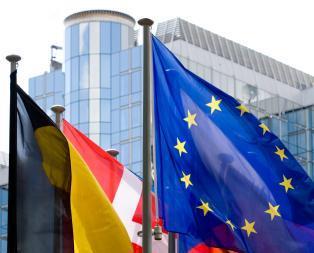Countries are open to investment from sovereign wealth funds provided they invest for commercial not political ends, according to the OECD
OECD countries are committed to keeping their investment frontiers open to sovereign wealth funds (SWFs) as long as these funds invest for commercial, not political ends.
That is the message in a letter from OECD Secretary-General Angel Gurría to G7 finance ministers detailing a common OECD position on policies towards sovereign wealth funds.
OECD members have agreed to base their investment policies towards SWFs on existing investment instruments which call for fair treatment of investors. Two key instruments are the OECD Code of Liberalisation of Capital Movements, adopted in 1961, and the OECD Declaration on International Investment and Multinational Enterprises, issued in 1976 and revised in 2000.
They embody five basic principles, including commitments to non-discrimination, transparency, progressive liberalisation and undertakings not to introduce new restrictions and not to insist on reciprocity as a condition for liberalisation. They also involve a process of regular “peer review” to monitor countries’ observance of the principles.
OECD investment instruments recognise the right of member countries to take actions to protect national security, and investments by SWFs can raise concerns as to whether their objectives are commercial or driven by political, defense or foreign policy considerations. However, OECD countries have accepted that the national security clause should be applied with restraint and not be used a general escape clause from their commitments to open investment policies.
“Observance of high standards of transparency and governance by sovereign wealth funds will also help recipient countries implement their OECD commitments and recommendations for preserving open markets while safeguarding national security”, stated Gurría in his letter to G7 finance ministers.
“The resulting framework will foster mutually beneficial situations where SWFs enjoy fair treatment in recipient country markets and recipient countries can confidently resist pressures for protectionist responses,” concluded the letter.




















No comments yet